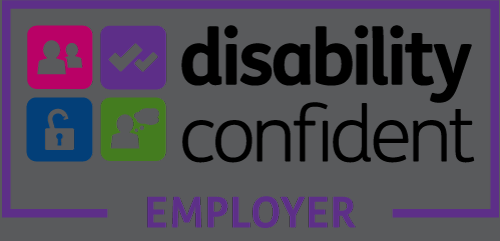USEFUL INFORMATION/TRAVEL ADVICE WHEN TRAVELLING ABROAD
- Government Travel Advice
You can view the very latest government information at gov.uk/travelaware or visit gov.uk/foreign-travel-advice for country-specific information. You can also find the FCDO on Twitter and Facebook.
- Worldwide Travel Requirements
You can check real-time information on travel restrictions and documentation required for travel, by visiting the Sherpa website.
-
Visa & Passport Information
You will require a passport for your holiday when travelling to Europe. However, we can only provide general information regarding entry, passport, visa, immigration requirements and safety and health formalities applicable to your package itinerary. It is your responsibility to check such requirements (in good time before departure), in order to make your decisions to fulfil such requirements regarding your destination and/or the country(ies) through which you may be transiting.
Information which you may need to check includes passport requirements including how valid your passport must be after return date, whether your passport must be machine readable, or which visas may be required for entry.
You must check requirements for your own specific circumstances with the relevant bodies as applicable. We have provided a few useful resources below:
-
The Foreign, Commonwealth and Development Office ("FCDO", https://www.gov.uk/travelaware) (applicable to UK residents)
-
UK Passport Office (0870 5210410 or https://www.gov.uk/browse/abroad/passports
-
Embassies, High Commission and/or Consulates
We do not accept any responsibility if you cannot travel, or incur any other loss because you have not complied with any entry, passport, visa, immigration requirements or health formalities.
-
- ETIAS – European Travel Information &
Authorisation System
You may have heard that a new system for travel to Europe is being implemented. This will be very similar to the visa waiver system used when travelling to the USA. Basically, everyone travelling to Europe from the UK will be required to obtain this visa-waiver before they travel. You will be required to apply online and there will be a charge (approximately €20.00 per person), however this will not be payable by anyone under 18 or over 70 years of age.
The system is due to be launched in Spring 2027 and we will provide all customers with more information closer to the time/prior to your departure, however if you would like further information now, please refer to the ETIAS website www.etias.com.
- EES – Entry/Exit System
As of 12 October 2025, the European Union’s (EU) new Entry/Exit System (EES) rollout commenced. This is a new digital border system that will change requirements for British citizens travelling to the Schengen area.
If you are travelling to a country in the Schengen area for a short stay using a UK passport, you will be required to register your biometric details, such as fingerprints and a photo, when you arrive. You do not need to take any action before you arrive at the border, and there is no cost for EES registration.
After it is fully implemented, EES registration will replace the current system of manually stamping passports when visitors arrive in the EU.
When EES is introduced, you may need to create a digital record on your first visit to the Schengen area at the port or airport on arrival. You will need to submit your fingerprints and have your photo taken at dedicated booths.
If you enter the Schengen area through the Port of Dover, Eurotunnel at Folkestone or St Pancras International, EES checks will be completed at the border, before you leave the UK. You may also need to provide either your fingerprint or photo when you leave the Schengen area.
You will not need to provide any information before travelling to a Schengen area country.
If you frequently travel to the Schengen area for work and/or leisure purposes, you must ensure that your total stay in the Schengen area is no more than 90 days in every 180 days. You must be aware of the penalty and enforcement approach for exceeding the immigration limit in any individual Member State you plan to travel to, or through.
For further information, please visit: www.gov.uk/guidance/eu-entryexit-system
- Health information
Although we are sure you will have obtained travel insurance, please also ensure that you have a valid UK Global Health Insurance Card. As previously with the EHIC, the GHIC entitles you to free or reduced cost emergency medical treatment during a temporary stay in European countries. Please note the GHIC is only valid in the 27 EU countries (Iceland, Liechtenstein, Norway and Switzerland are not included). For further information on the GHIC and how to obtain one, please visit: www.nhs.uk/using-the-nhs/healthcare-abroad/apply-for-a-free-uk-global-health-insurance-card-ghic/.
We would suggest that you bring the name, address and telephone number of your GP as this is usually required by insurance companies if you become unwell.
Please refer to www.travelhealthpro.org.uk/factsheet/43/medicines-and-travel for specific information relating to customers who need to carry medication and the differing laws/legal requirements relating to medication when crossing international borders.
Travel health advice (and country specific information), may often change and it is advisable to check the following websites:
www.travelhealthpro.org.uk/
www.fitfortravel.nhs.uk/destinations.aspx
- Further information
For more general travel advice, such as passport information and advice on money abroad, you can find out more information at https://travelaware.campaign.gov.uk


